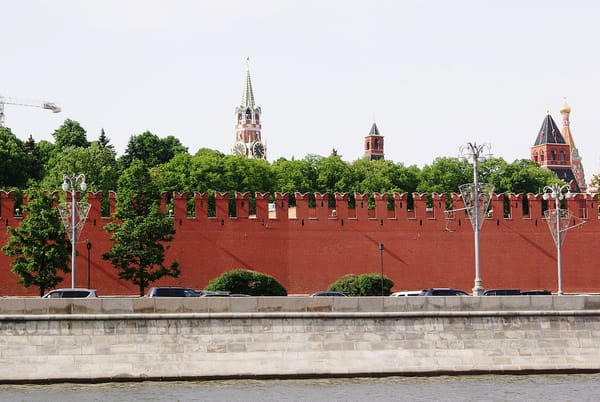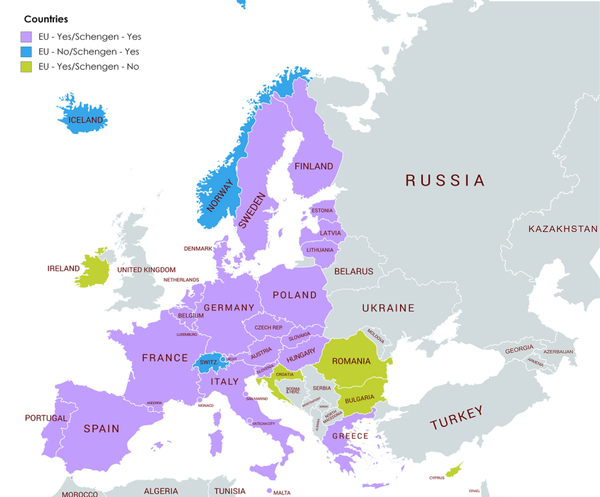
Asylum-seeking Belarusian Sprinter Heads to Austria
Olympic sprinter Krystsina Tsimanouskaya has sought asylum at the Polish Embassy in Tokyo this wee after having learned that a campaign had been launched against her in the Belarussian state media. “The campaign was quite serious and that was a clear signal that her life would be in danger in Belarus,” Alexander Opeikin, spokesman for an activist group, the Belarusian Sport Solidarity Foundation, told the AP in an interview.
Poland soon granted her a humanitarian visa and allowed her to seek refugee status once in Poland or choose another safe country. Meanwhile, her husband, Arseni Zdanevich left Belarus for Ukraine.
Tsimanouskaya was about to board a flight for Warsaw today (August 4), but instead, she departed on an Austrian Airlines flight scheduled to land in Vienna this afternoon. It is said that she changed her destination due to security concerns.
It is not the first time critics of the Belarus government have left the country. In fact, many of the most successful companies of the extremely strong Belarusian info-communications sector have already left Belarus – like the owner of Viber Rakuten – or considering moving out of the country due to the uncertain political situation. Poland, Lithuania, and Ukraine are trying to attract them with targeted programs. Bloomberg estimates that more than 40 companies have already relocated almost a thousand workers to Vilnius since the allegedly fraudulent 2020 Belarussian election alone.
Poland is a popular destination of critics of Belarus’ government because it is the quickest to respond to asylum requests. About Tsimanouskaya, Polish deputy foreign minister Marcin Przydacz has recently tweeted “Poland always stands for Solidarity” and “will do whatever is necessary to help her continue her sporting career.”
The Belarus National Olympic Committee has been led for more than 25 years by President Alexander Lukashenko and his son, Viktor. They are both banned from the Tokyo Olympics by the IOC, which investigated complaints from athletes that they faced reprisals and intimidation during the crackdown following the wave of anti-government protests over the last year.
Tsimanouskaya’s incident comes just months after a dissident journalist and activist Raman Pratasevich and his girlfriend were arrested by Belarussian authorities after their plane had been forced to land in Minsk on May 23.





